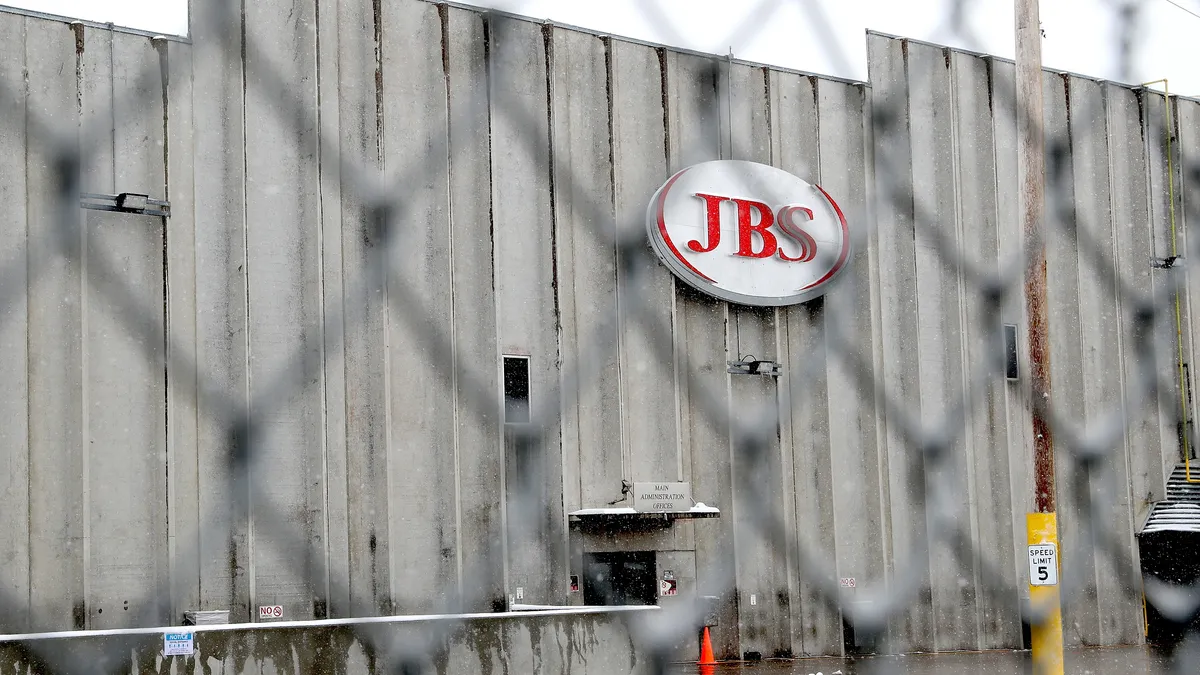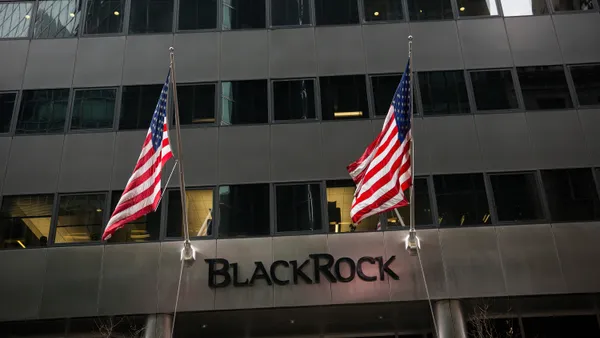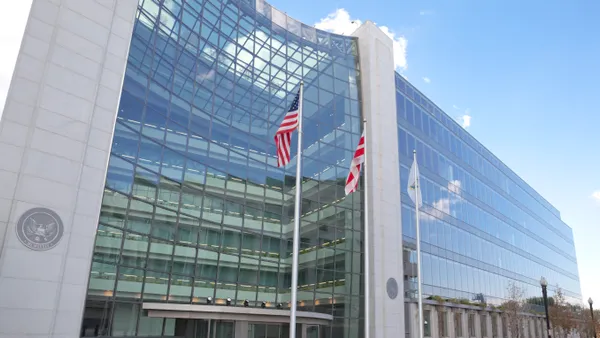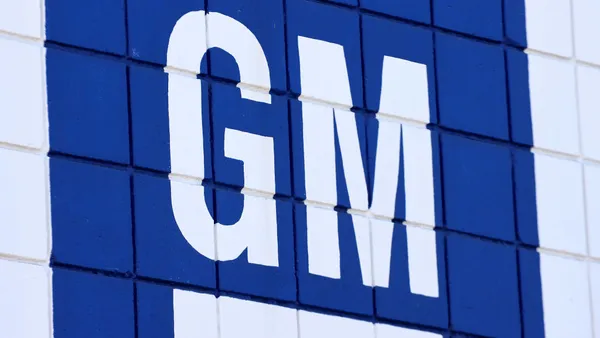Dive Brief:
- JBS was sued by New York's attorney general on Wednesday, who accused the meatpacker of misleading consumers about its efforts to reduce greenhouse gas emissions.
- The suit, filed in a New York state court by Attorney General Letitia James, alleges JBS has "no viable plan" to meet its goal of net-zero greenhouse gas emissions by 2040. The meat giant has touted its environmental commitments in major advertising campaigns, deceiving consumers, James claims.
- The suit seeks to require JBS to halt its "Net Zero by 2040" advertising campaign in addition to a $5,000 penalty for each violation of the state's business laws. JBS did not immediately respond to a request for comment but has told other media outlets it disagrees with the suit.
Dive Insight:
The suit is the latest setback for the Brazil-based conglomerate as it prepares to list on the New York Stock Exchange, a plan that has already attracted substantial backlash from environmental groups.
New York’s attorney general alleges JBS made several misleading claims about the sustainability of its beef products, and that plans to hit net-zero is "not feasible" given the company's intentions to increase production. JBS' environmental calculations also do not account for emissions resulting from deforestation, the suit says.
“When companies falsely advertise their commitment to sustainability, they are misleading consumers and endangering our planet," James said in a statement. "JBS USA’s greenwashing exploits the pocketbooks of everyday Americans and the promise of a healthy planet for future generations."
JBS last June agreed to pull advertisements that made "aspirational" claims about its climate initiatives after the National Advertising Review Board found the company did not have a "formulated or vetted plan" to address emissions. However, the lawsuit says the meatpacker has continued to tout its net-zero plan on its website as recently as February 2024.
“The New York Attorney General’s action today not only holds JBS accountable for its unsubstantiated net-zero claim but also sends a strong signal to other companies that empty promises do not pass for climate action,” Ben Lilliston, director of climate strategies at the Institute for Agriculture and Trade Policy, said in a statement.













